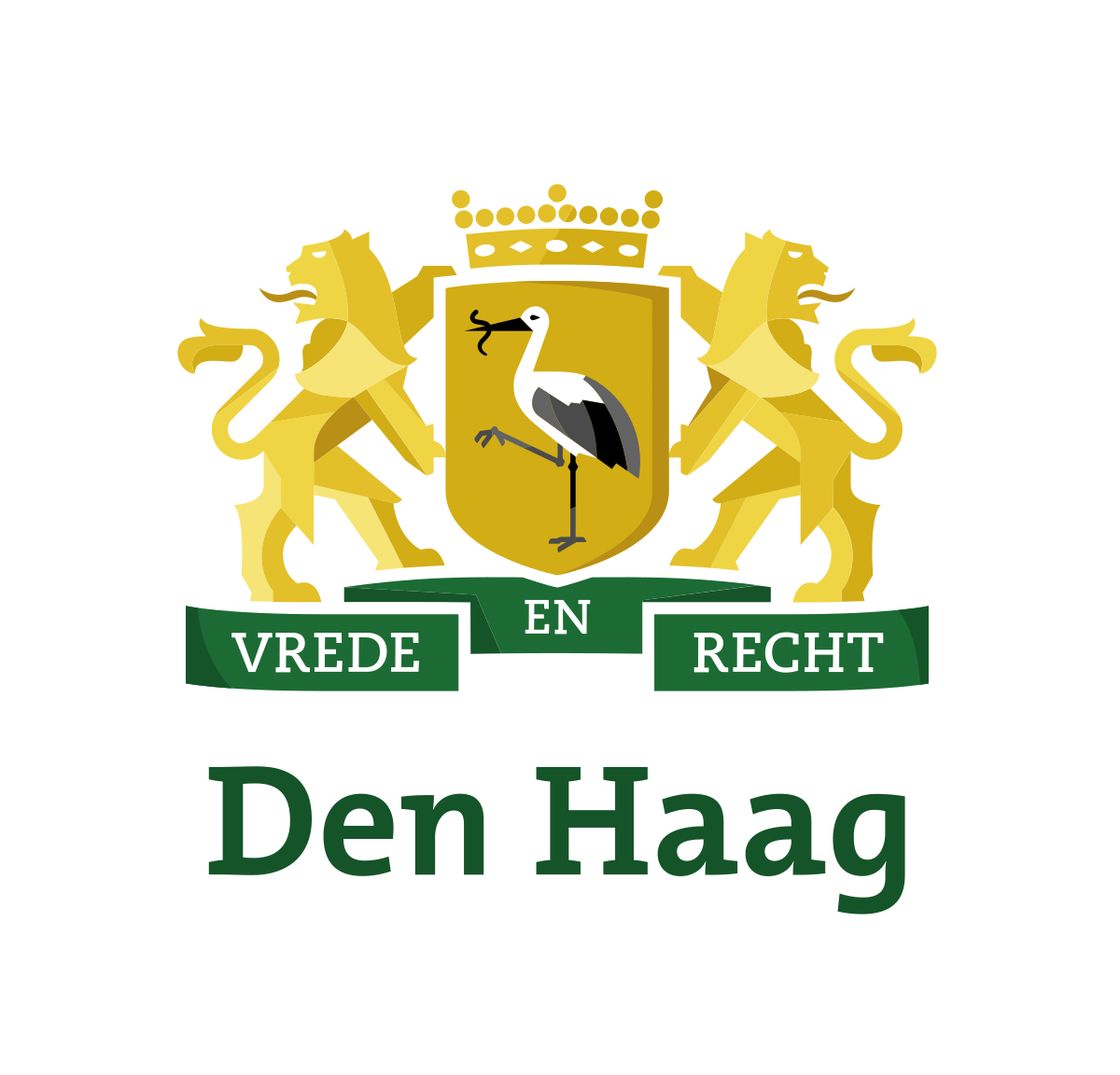Cambodians Drowning in Debt and Increased Child Labour Due to Microfinancing Sector
The importance of due diligence in the financial sector
What started off as a Nobel Peace Prize-winning concept, ended up as a nightmare for many Cambodians. The microfinancing system was developed to offer financial help to people who want to start or expand a business but can not get a loan at regular banks. Microfinance is thus aiming at reducing poverty. While well intentioned, the system has led to overindebtedness causing child labour and forced land-sale, thus causing grave harm to poor people in India, Sri Lanka, Mexico and Jordan, and most of all in Cambodia.
The microfinancing system is originally designed to give microloans to the poorest microentrepreneurs to help them grow their own business and to boost the economy. The loans were supposed to consist of a few hundred dollars, without collateral and with a reasonable interest, so the risk for microentrepreneurs would be low. The rationale behind this system is that microentrepreneurs would otherwise be forced to rely on unregulated lenders (sometimes referred to as “loan sharks”), probably causing big risks for microentrepreneurs, such as being required to give their land as collateral as a condition of receiving a high loan.
However, in Cambodia the microfinancing system took a negative turn. Cambodian microentrepreneurs often received a high amount of money easily, with very high interest and with collateral. This made the microfinancing sector in Cambodia attractive for investors, since the risk became lower and the benefits became much higher. According to the complaint submitted by NGO’s Cambodian League for the Promotion and Defense of Human Rights (LICADHO) and Equitable Cambodia (EC), the situation escalated because several investors did not conduct proper due diligence before investing in Microfinance Institutes (MFIs) that have a terrible track record of inflicting human rights abuses.
The same investors also claim to have social sustainability as a business objective. However, their investments enabled MFIs to exploit microentrepreneurs. The aforementioned escalation of the system has caused them to forcibly sell their land and everything they own. This has also increased child labour, since parents are forced to make their children quit school and work instead, in order to pay off debts.
Even though moneylending and microfinancing do not seem to form a “regular” supply chain, it should indeed qualify as that. The microloan crisis in Cambodia is a clear example of this. It shows that the financial sector can have adverse impacts on human rights, as has just been discussed. Conducting proper due diligence could prevent or at least reduce these human rights abuses. Due diligence entails, as elaborately described in our series on due diligence, supervising what happens in your value chain in terms of human rights and sustainability. More specifically for the microfinancing sector, investors could for instance review the MFI’s supplier code of conduct beforehand and supervise the terms and conditions of the loans granted. By doing this, investors which claim to have business objectives as social sustainability could actually live up to it.
Despite the microfinance sector causing grave harm in Cambodia and other countries, simply stopping would mean grave poverty remains to exist and microentrepreneurs are left hanging out to dry. Instead of stopping the concept, the crisis should be a wake up call for financing institutes and investors to improve their behaviour in order for equivalent harm to be avoided in the future.
The situation in Cambodia has clearly shown that the financial sector can have impact on human rights and fundamental labour rights like child labour. However, the European Parliament and the Council of the EU are currently debating whether financial institutions should be included in the European Corporate Sustainability Due Diligence Directive. The Cambodia situation shows the importance of including the financial sector into this obligation.

